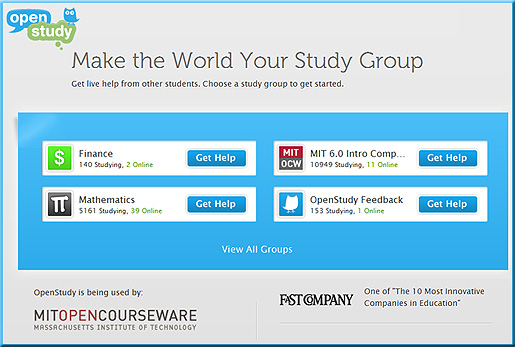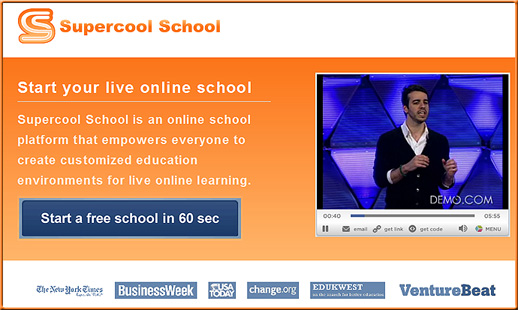From DSC:
The first article/item I want to comment on is:
A Potential Market for Courseware Developers — from Brandon-Hall.com by Richard Nantel
First of all, thanks Richard for tackling this subject and for putting a posting out there regarding it. For years, I’ve wondered what the best way(s) is(are) to pursue the creation of professionally-done, interactive, personalized/customized, multimedia-based, engaging content. It is expensive to create well-done materials and/or the learning engines behind these materials. Also, as at the faith-based college where I work, some colleges would want a very specific kind of content or take a different slant on presenting the content. So the content would have to be modified — which would have an associated cost to it.
Some options that I’ve thought of:
- Outsource the content creation to a team of specialists — at educationally-focused publishing companies out there
- Outsource the content creation to a team of specialists — at other solution providers focused on education
- Develop the content in-house with a team of specialists
- Don’t create content at all, but rather steer people to the streams of content that are already flowing out there. Some content may be changing so fast that it may not be worth the expense to create it.
- Have students create the content — that’s what school becomes. Learning enough to create/teach the content to others. (This would require a great deal of cross-disciplinary collaboration and cooperation amongst faculty members.)
As a relevant aside, I have held that if an organization could raise the capital and the teams to develop this type of engaging, professionally-done content — and scale the solution — they could become the Forthcoming Walmart of Education. The attractive piece of this for families/students out there would be that this type of education will come at a 50%+ discount.
The second article/item that caused some additional reflection here was the article at The Chronicle of Higher Education by Marc Parry entitled, “Think You’ll Make Big Bucks in Online Ed? Not So Fast, Experts Say”
What if the United States could reallocate even the cost of 1-2 high-end planes in the United States Air Force? Our nation could create stunning, engaging content that could reach millions of people on any given subject — as online learning has the potential to be highly scalable (though I realize that much of this depends upon how much involvement an organization wants to integrate into the delivery/teaching of this content in terms of their instructors’/professors’ time).
Anyway, Marc highlights some important points — that creating content, marketing that content, etc. can be expensive.
But I have it that if you don’t get into this online learning game, you won’t be relevant in the years to come. People want convenience and students’ expectations will continue to rise — wanting to learn on their own pace, per their own schedule, from any place and on any device; finally, they will want to have more opportunities to participate/collaborate/control their own learning experiences. (And this doesn’t even touch upon whether it will become even more difficult to get through “the gate” — that is, getting the student’s attention in order to make it into their short-term memory, in hopes of then moving the lesson/information into long-term memory.)













